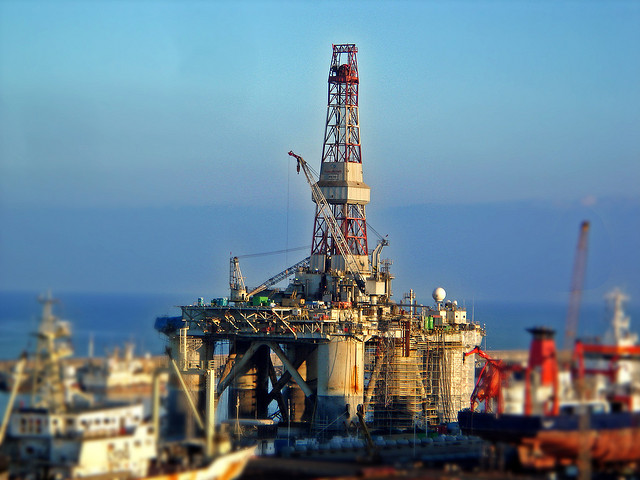There is nearly 200 billion barrels in two separate fields beneath the central Northwest Territories in Canada, according to the first official estimate of the oil volume.
Though the promising trove of oil could mean more exploration and investment in the region from multi-national companies, the National Energy Board of Canada and the Northwest Territories Geological Survey have warned that not all of that oil will be recoverable. Still the present estimate being circulated means that the Canol and Bluefish shales can hold up to seven billion barrels of recoverable oil and could be comparable to the booming Bakken field in North Dakota, USA. N.W.T. Energy Minister Dave Ramsay said: "This should increase the level of investor confidence and revitalize interest in the Northwest Territories. This really does put wind in our sails." The estimate points out that there could be about 146 billion barrels of oil in Canol and 46 billion in Bluefish fields.
Fracking remains a contentious issue in the NWT as in the US. The territorial government is proposing a new regulatory framework to govern the practice, but the Dene Nation, among others, has called for a slower approach so people can “learn about the process and the risks involved” before decisions are made.
Post a series of tests, the measure and volume of recoverable oil will be studied by scientists. There could be a need for fracking to reach the unrecoverable portions but whether the controversial method would be used or not depends on later discussions between the companies investing in the fields and the government. The potential fields lie in the central Mackenzie Plain, west of Great Bear Lake.
Several companies including Imperial, Shell, Husky and ConocoPhillips have been active in the area in recent years, with 14 exploration licences being granted and $628 million in work commitments since 2010. But with the oil prices going downwards, some of the companies, especially Husky and ConocoPhillips have stepped back from their projects in the shales of Canol.
Both the Canol and Bluefish fields would be developed using fracking technology, which some in the territory oppose.
Though the promising trove of oil could mean more exploration and investment in the region from multi-national companies, the National Energy Board of Canada and the Northwest Territories Geological Survey have warned that not all of that oil will be recoverable. Still the present estimate being circulated means that the Canol and Bluefish shales can hold up to seven billion barrels of recoverable oil and could be comparable to the booming Bakken field in North Dakota, USA. N.W.T. Energy Minister Dave Ramsay said: "This should increase the level of investor confidence and revitalize interest in the Northwest Territories. This really does put wind in our sails." The estimate points out that there could be about 146 billion barrels of oil in Canol and 46 billion in Bluefish fields.
Fracking remains a contentious issue in the NWT as in the US. The territorial government is proposing a new regulatory framework to govern the practice, but the Dene Nation, among others, has called for a slower approach so people can “learn about the process and the risks involved” before decisions are made.
Post a series of tests, the measure and volume of recoverable oil will be studied by scientists. There could be a need for fracking to reach the unrecoverable portions but whether the controversial method would be used or not depends on later discussions between the companies investing in the fields and the government. The potential fields lie in the central Mackenzie Plain, west of Great Bear Lake.
Several companies including Imperial, Shell, Husky and ConocoPhillips have been active in the area in recent years, with 14 exploration licences being granted and $628 million in work commitments since 2010. But with the oil prices going downwards, some of the companies, especially Husky and ConocoPhillips have stepped back from their projects in the shales of Canol.
Both the Canol and Bluefish fields would be developed using fracking technology, which some in the territory oppose.





